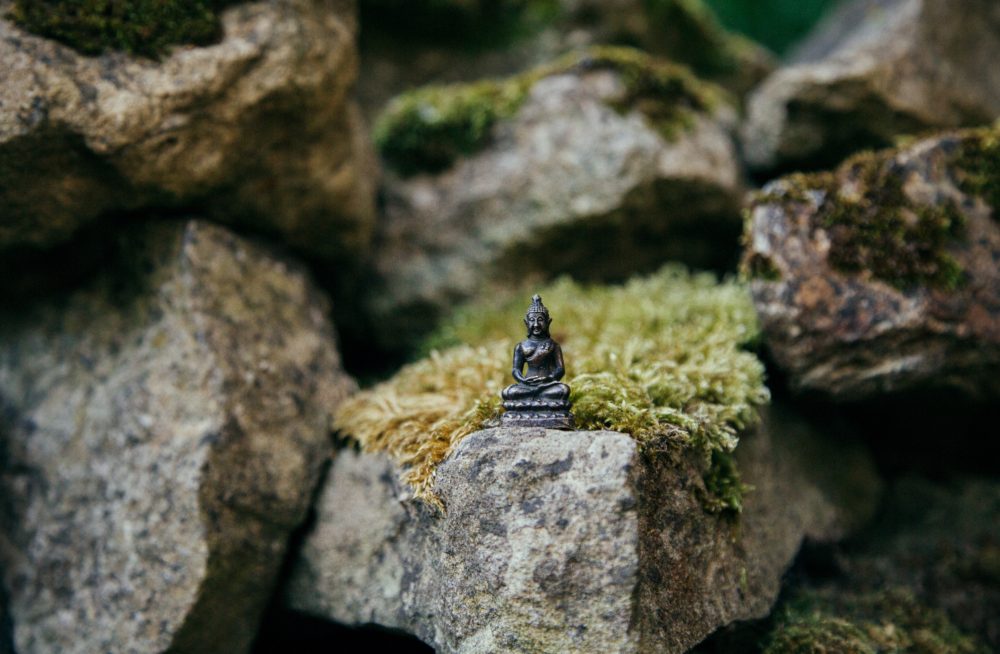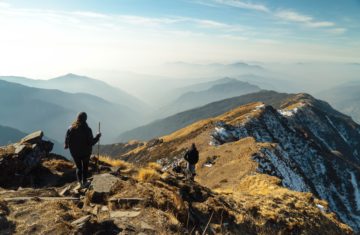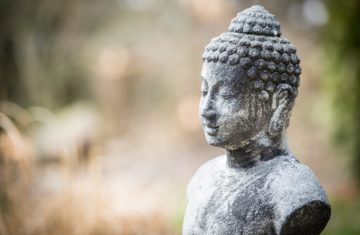Zen koans can bring awakened awareness, if we let them.
A koan is a story, statement, or question used for meditation. Koans invite you into a deeper way of knowing. Originating in 12th or 13th century China, they continue to be used regularly by modern proponents of Zen Buddhism. They happen to be great tools of enlightenment…because they. are. frustrating.
The Diamond Sutra says, “Out of nothing, the mind comes forth.” That’s the purpose of a koan. They seek to move us away from our habitual thinking and reasoning. Which is why it’s also an invitation into awakened awareness.
Koans contain paradoxes. You don’t try to solve one. They’re to be contemplated. When you hear a koan, you sit with it. You inevitably wrestle with it. You let go. And you try to let the answer come to you. During this process, you often come face to face with your ego, your presuppositions, your limited thinking. With a good teacher, koans can bring you back to your original nature. They can remind you of that place of knowing before thinking begins. In Zen tradition, it is required that you have a teacher to engage in koan meditation. And you have to be ready. It isn’t work you do alone.
I’ll admit, I do not yet understand koans, nor do I know how to sit with them. I find them fascinating and deeply frustrating, which is such a good thing. Because I like to *know.* I am so good at knowing! But koans demand that you embrace not-knowing. One practice asks you to breathe in, “Who am I?” and breathe out, “Don’t know.” Sitting with this can be so challenging. Truly accepting it is another challenge altogether.
All of this reminds me of awakened awareness because the goal in both is to bring us back to our pre-thinking nature. When we let go of all of our ideas, we invite enlightenment to show up. I love that both are the height of knowledge, and neither of them can be reached with effort!
If we really want to embody awareness and knowledge, first we learn to let go. Stay open. Rest in the goodness of our nature. And then we can trust that awakened awareness might just come our way.
This post is part of the Paramita Project, where I’m practicing one paramita each month for ten months. Read all my posts on the tenth and final paramita, jnana, here.




